RevolTeens: The Lies We Tell and the Teens We Hurt
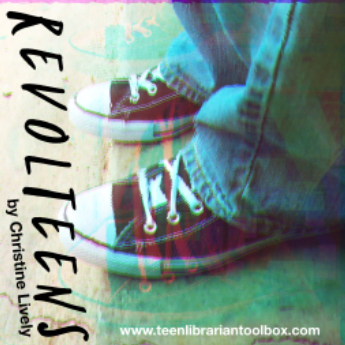
This week’s RevolTeens will be a little shorter in deference to the holiday weekend and will have a different focus. While I have used this space to highlight the mighty teens who are challenging the systems that confine them and demanding that their voices be heard, I’ve been thinking a lot about what helps or shuts down teens who see injustice and prejudice, and what makes the difference between the teens who revolt and the teens who remain silenced. I don’t claim to be any expert, but I’ve noticed some things that we adults can do to help.
First, we have to stop lying to kids.
Lies like, “You have to go to college.” or “I can’t make any exceptions” or all the other things we say just to force compliance and make our jobs easier have got to stop. When we dismiss a teen’s concerns or questions with these lies and platitudes, we are telling them that their concerns, problems, and passions are not important or valid. Teens always see through our lies and they are smart enough to know which adults can be trusted or not. When we tell them that adults are the authorities and that change or challenge of the status quo is impossible, we are lying to them. If we don’t know the answer or we’re not sure, there’s nothing wrong with saying so honestly and figuring it out with them. Teens respect honesty, not dishonest authority. Pretending that there is only one way to do things or one way to be successful is a lie. If we expect and hope that the young people of today will change the world at some point after they become “adults,” we have to be honest with them. Yes, there are challenges and traditions and other obstacles, but these things can and should be discussed and confronted. We can model that with them by engaging in difficult conversations about who holds the power and who makes the decisions. We can give them agency by telling them what actions they could take and what the repercussions are and then let them decide. We can advise and listen. The moment we lie to them, we lose all our credibility and our ability to help them. Lying to teens is just saying to them, “You cannot trust me.”
ADVERTISEMENT
ADVERTISEMENT
Next, we have to stop acting as if bad things don’t happen to them.
Yes, this is a form of lying, I know. Bad things happen to everyone without exception. We suffer losses and setbacks and we receive devastating news. It’s a universal indiscriminate human experience. Many well meaning adults work hard to protect kids’ innocence, but as Chris Crutcher told the ALAN Conference audience, “Innocence leads to ignorance.” When we shelter or protect kids from loss and pain, we invalidate the inevitable loss and pain that they are feeling. When we talk about and acknowledge their pain and help them find ways to work through those awful and overwhelming feelings, we help them build empathy for themselves and others. Telling a teen that they shouldn’t talk or read about the pain of losing someone they love, or of becoming critically or chronically ill, or of any of the ways that life causes pain, only teaches shame and robs their peers of the chance to help their friends. It doesn’t make the pain stop, it just makes them feel alone and ashamed. We don’t have to know what to say, we just have to listen and care. Truly, that is the greatest and most powerful way to help a kid know that they are loved and that their pain and eventual healing is important and universal. We need to stop telling them that their pain isn’t “appropriate” for discussion or for reading about. Instead, we have to make space for that pain and help them see examples of other people who have suffered pain and survived. We have to help them see their pain as survivable by talking about it and showing them how to help each other and themselves.
Finally, we need to expand what success is.
We all see the stories of teens who are accepted into every Ivy League school, or who get perfect scores on their SAT or who start multimillion dollar businesses. Those kids are lauded. Those kids are inarguably successful. Kids earn superlatives throughout school, and that’s wonderful – for those kids. But I know that there are other successes for other kids. Getting up in the morning and just showing up for school is a victory for many students. Raising their hand and contributing to a class discussion is a win for many students. I’m not talking about “participation trophies” because those are too generalized and maligned. Those of us who work with teens everyday know that so many of them have given up on themselves as early as upper elementary school when they start failing state tests. It’s devastating to see happen. Those kids need to be acknowledged for what they do well. We just have to take the time to help them find their successes. They may not realize that they’re the first ones to help another student or that they ask the questions that others need answered. They may be taking risks and challenging themselves in some areas. Those triumphs are just as important as a different student who gets straight As. They’re all important. They should all be acknowledged. Success is relative, ever changing and elusive. We can help kids find theirs so they’ll believe in their own possibilities and potential for more success.
I take for granted that we all want the teens of today to be the happy, productive, world changers of tomorrow. We can help them see what’s possible or we can snuff out their faith in themselves and their belief that the world can be more fair and just. If we are honest with them, acknowledge their pain, and celebrate their successes, we can embolden them to change their world and upend the status quo.

RevolTeens is a monthly column by librarian Christine Lively. Christine Lively a school librarian in Virginia. I read voraciously, exchange ideas with students, and am a perpetual student. I raise monarch butterflies, cook, clean infrequently and enjoy an extensive hippo collection. Christine blogs at https://hippodillycircus.com/ and you can follow her on Twitter at https://twitter.com/XineLively
Filed under: RevolTeens
About Karen Jensen, MLS
Karen Jensen has been a Teen Services Librarian for almost 30 years. She created TLT in 2011 and is the co-editor of The Whole Library Handbook: Teen Services with Heather Booth (ALA Editions, 2014).
ADVERTISEMENT
ADVERTISEMENT
SLJ Blog Network
2024 Books from Coretta Scott King Winners
The Ultimate Love Letter to the King of Fruits: We’re Talking Mango Memories with Sita Singh
Monkey King and the World of Myths: The Monster and the Maze | Review
Parsing Religion in Public Schools
ADVERTISEMENT



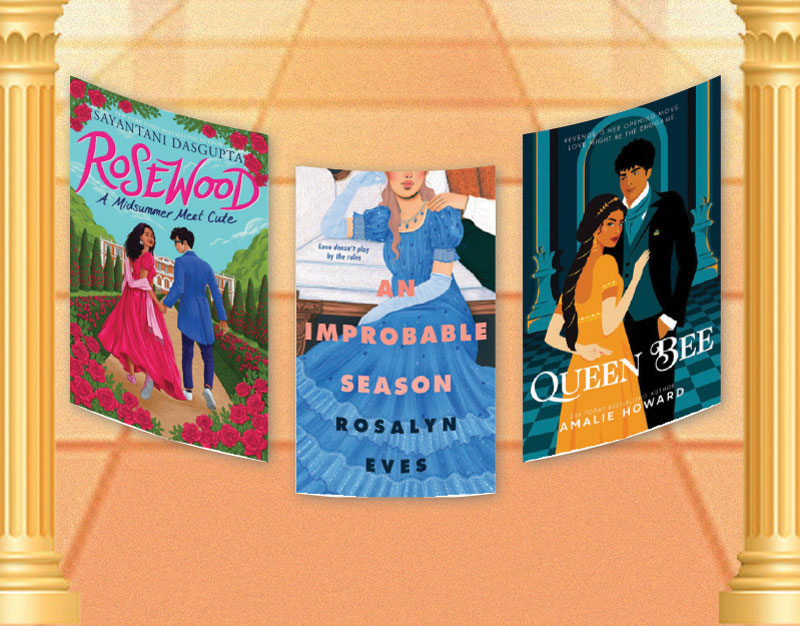
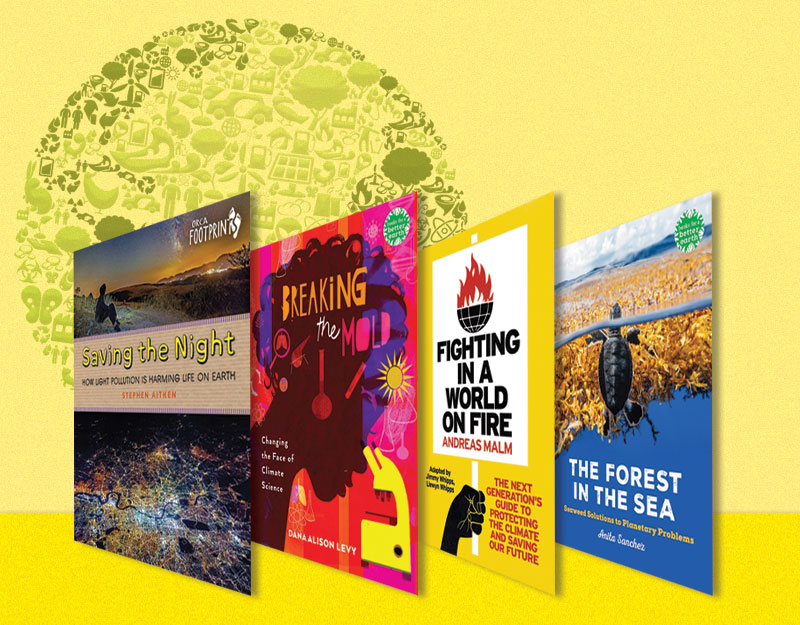
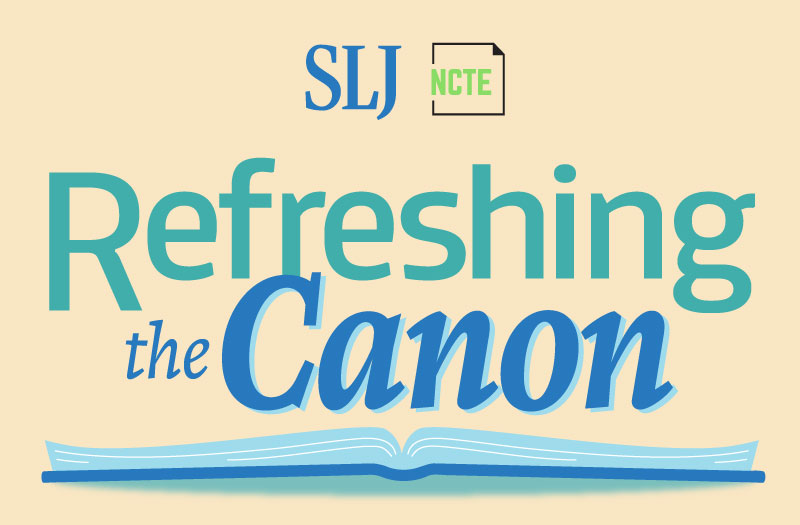
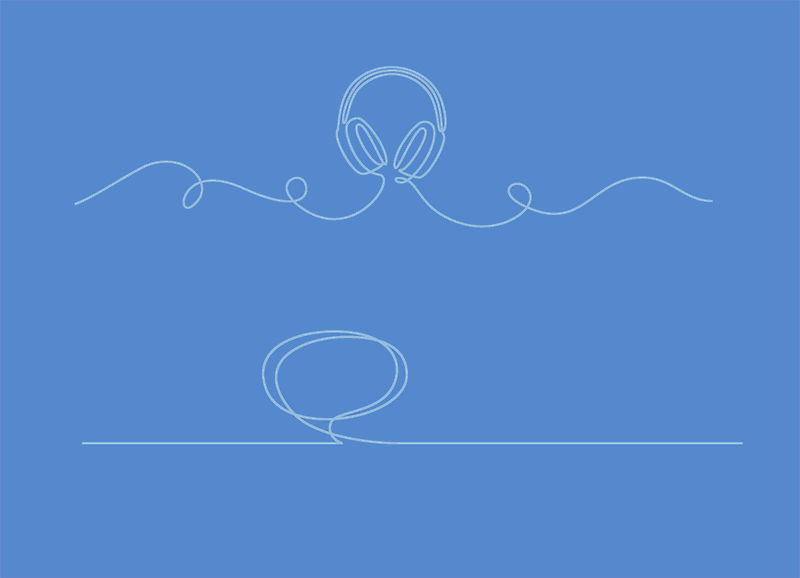
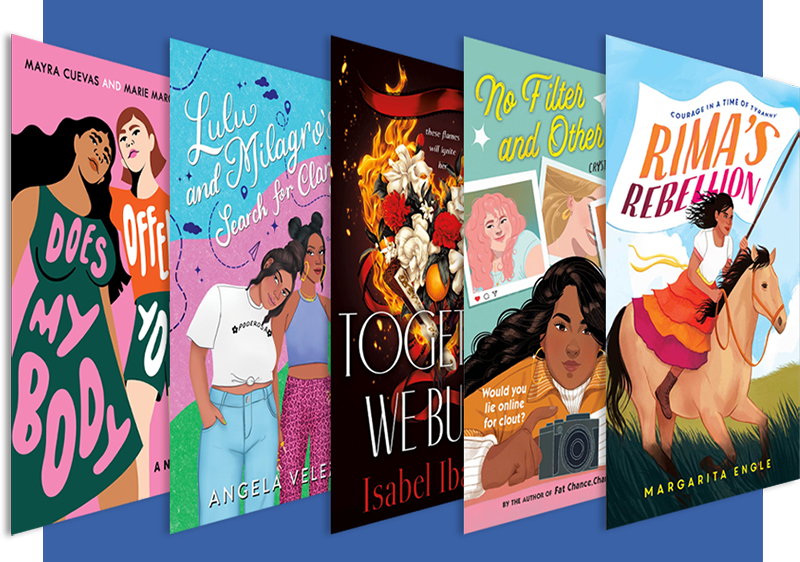
Well-written and insightful! I particularly enjoy the part about celebrating all student success, like the student who makes it to class despite difficulty in doing so- we must not marginalize students or make them feel that academic or extracurricular success is all that matters.